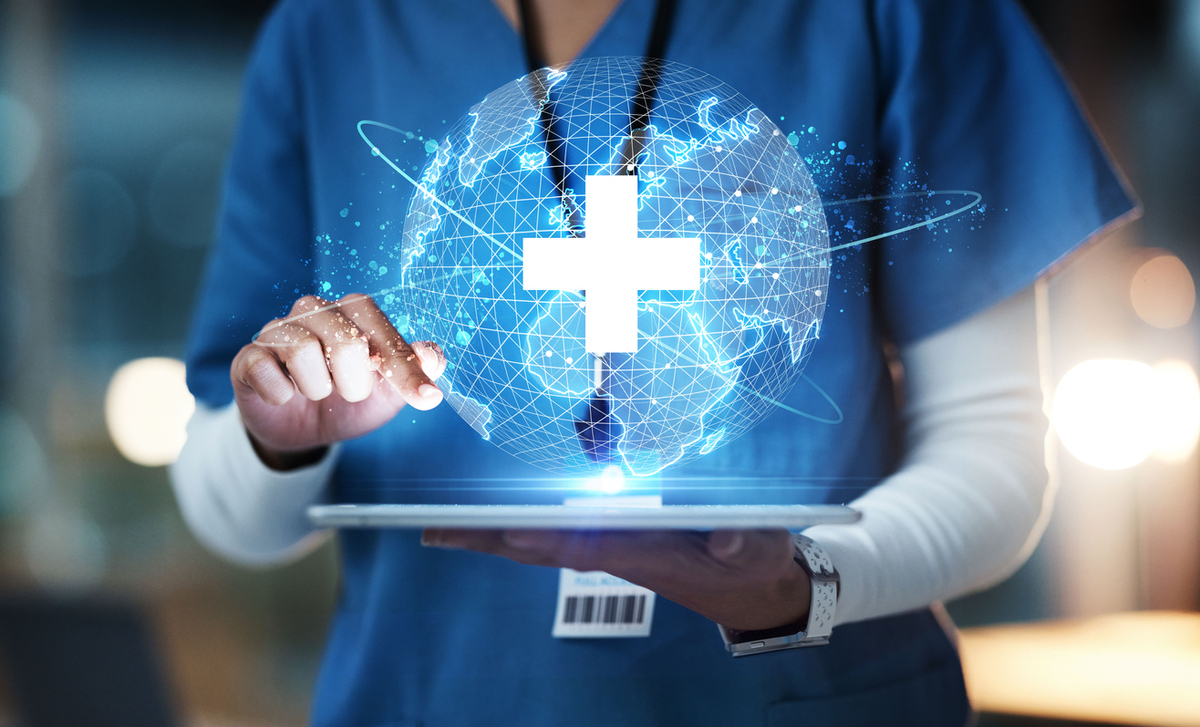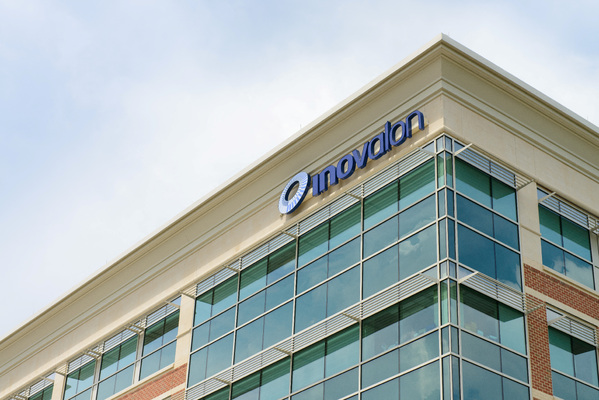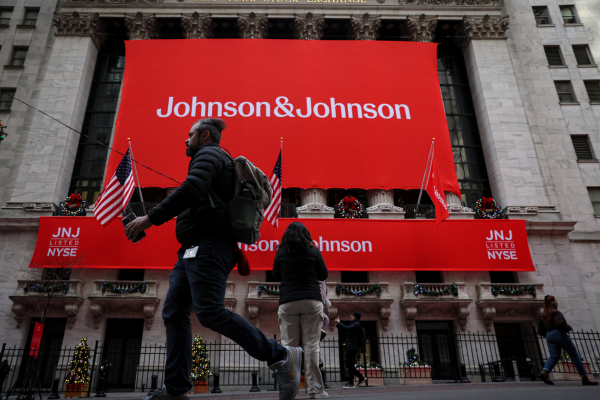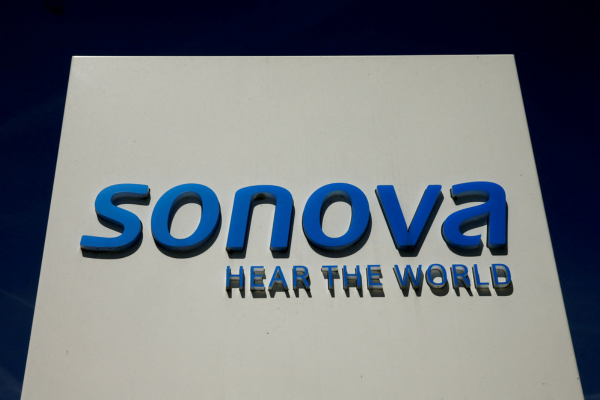In the medical data gold rush, the patient can be king
Can digitised NHS data turn the users of public health services into customers?

In the business sector, we hear a lot about the importance of digitising paper-based records, removing data silos and the barriers that stand in the way of digital transformation. It’s hardly surprising, then, that a vast and complex system with a tangle of conflicting interests such as that of the UK’s National Health Service takes even longer to act on these maxims than companies do.
November 2023, nevertheless, saw a close-to-complete digitisation of NHS health records – a date that, in retrospect, will most probably be regarded as a watershed. GP practices are contractually obligated to provide their patients with access to their data in the electronic patient record (EPR) system.
Then on 10 November, there came news of the NHS meeting a governmental target ahead of schedule, as 90 per cent of NHS Trusts in England switched to EPR systems. The successful completion of the digitisation project of hospitals in England has also been bolstered by a £1.9 billion NHS England investment.
The benefits of sharing EPRs
GPs, understandably, have mixed feelings about open access to patients’ records. Their main concerns are an increase in their workload as patients ask to discuss with them doctor’s notes or lab results that they find in their NHS app.
Another worry is that some patients might not cope emotionally with reading their diagnosis in an app, often before they can get an appointment with their GP – as is a potentially heightened risk of litigation for GPs and clinicians.
However, a survey conducted by Charlotte Blaise, an advocate of open health records, which has yet to be peer-reviewed, suggests that 60 per cent of doctors in England believe a majority of patients would find significant errors in their records. In addition to correcting errors recorded about their health status and history, access to EPR can make patient journeys smoother in other ways. Statistics show that patients, on average, remember only half of the information they are told by their doctors at a hospital or a surgery.
Such appointments can be taxing enough emotionally, which also affects the efficiency of remembering all the medical details doctors share with us, often in a medical jargon. This can be addressed by the patient being able to read key information about their diagnosis, test results or medication in their NHS app. Patients can also get more actively involved in their healthcare journeys, and feel more empowered by the access they have to information about their treatment, alternatives, and their trade-offs.
The missing link to patient empowerment through data
There are currently more than 20 apps that patients in England can access their NHS records through, each offering different interfaces and combinations of functionalities. Some of them specialise in a single area, such as appointment management (Dr Doctor), while others work more like a one-stop-shop for health data, such as EMIS’s Patient Access, an independent patient services app.
Several of these apps are enterprises with a social purpose and/or have a long track record of working with the NHS. Patients Know Best is an innovative social enterprise and is listed as a B corporation, businesses that are recognised as a force for social good.
Substrakt, another provider on the list and the developer of PatientPack, an all-in-one app for GP practices, has been working in partnership with NHS organisations since 2015, and was the developer of the NHS vaccination app.
But putting their health data at patients fingertips is only half the story, which won’t engender significant changes in the quality of care unless it’s jargonised language is made accessible to patients.
Googling one or two medical terms is all very well, but on more complicated patient journeys even patients and relatives eager to understand the inner logic of the diagnosis and the treatment process can get exhausted by all the acronyms and medical jargon.
To put an end to the frustration of deciphering alien-sounding words describing the most banal health problems – for example, epistaxis for nosebleed – Aaron Patzer, Founder and CEO of Vital undertook to build a doctor-to-patient translator harnessing GenAI’s translation capabilities.
The Vital app claims to translate complex clinician’s notes, , discharge summaries and test results into something more easy to read. Hopefully, AI companies in the UK will follow in its steps.
Who will patients allow to mine their data?
The fight for medical data is where the “data is the new gold” trope becomes the most conspicuous and relevant. In other sectors, the billion-dollar question has been how a business can leverage the gigabytes of data captured as a result of digitisation.
Tech organisations have grown into global forces to be reckoned with, thanks to innovative ways of monetising the wealth of digital data their tools generated. To become major players in healthcare, however, they need access to the goldmines of digital medical databases.
Some of their attempts are already well known, such as Facebook’s 2017 innovation lab project, which aimed to connect medical data with consumer data, or Google’s partnership with Ascension, one of the leading non-profit health systems in the US.
More recently, the NHS Confederation and Google Health have commissioned Ipsos to conduct research on public attitudes to using health technologies.
One of the key findings of the survey has been that 83 per cent of adults already use some form of technology to manage their health, but only just over half of those surveyed were satisfied with the technologies and tools available for them at present.
NHS patient data was valued at £9.6 billion per year by E&Y in a 2019 estimate. Today, thanks to data protection legislation, this value belongs to the patients who own that data. “We’re excited about the role that Google can play in empowering consumers to seize control of their health and wellness,” writes Google Health in its blogpost on the Ipsos survey. The language used here may appeal to those who have wondered why healthcare fails to see them as clients that need to be pleased.
Surveys also show that consumers are more generous with their personal data if they get something in return. But in the uncharted territory of digital healthcare, the decision who to accept as kingmaker should be a collective one, made jointly by society and the government.
Most Viewed
23-29 Hendon Lane, London, N3 1RT
23-29 Hendon Lane, London, N3 1RT
020 8349 4363
© 2024, Lyonsdown Limited. Business Reporter® is a registered trademark of Lyonsdown Ltd. VAT registration number: 830519543




